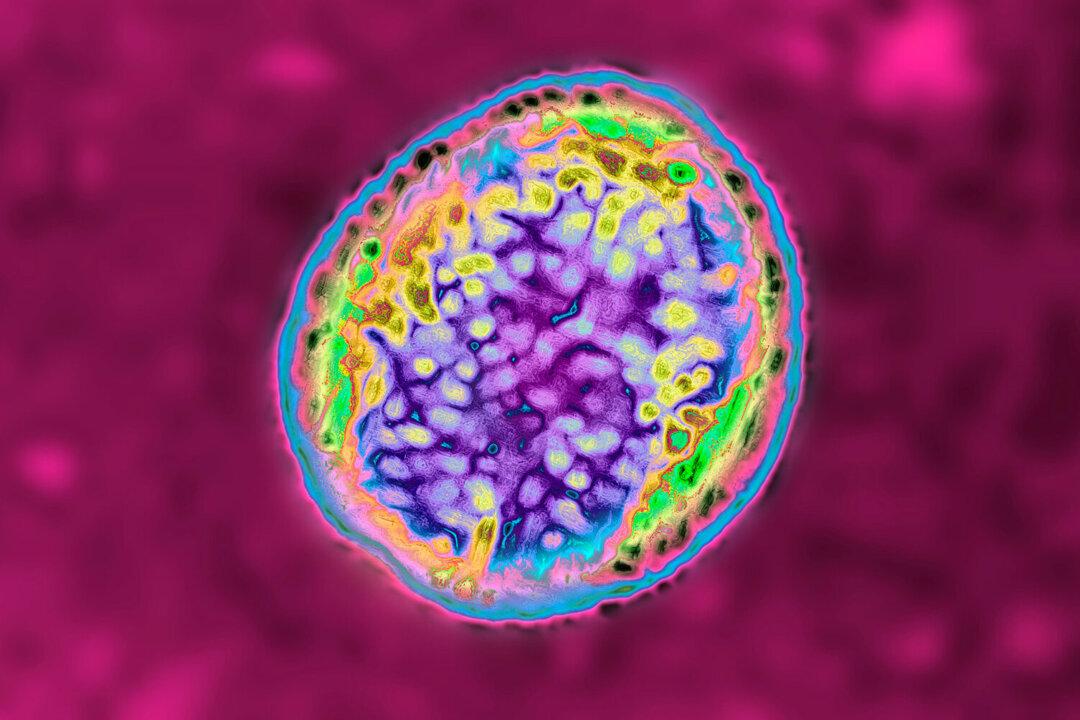Several thousand people in northwest China have tested positive for a bacterial disease, authorities said on Tuesday, in an outbreak caused by a leak at a biopharmaceutical company last year.
The Health Commission of Lanzhou, the capital city of Gansu province, confirmed that 3,245 people had contracted the disease brucellosis, which is often caused by contact with livestock carrying the bacteria brucella.




